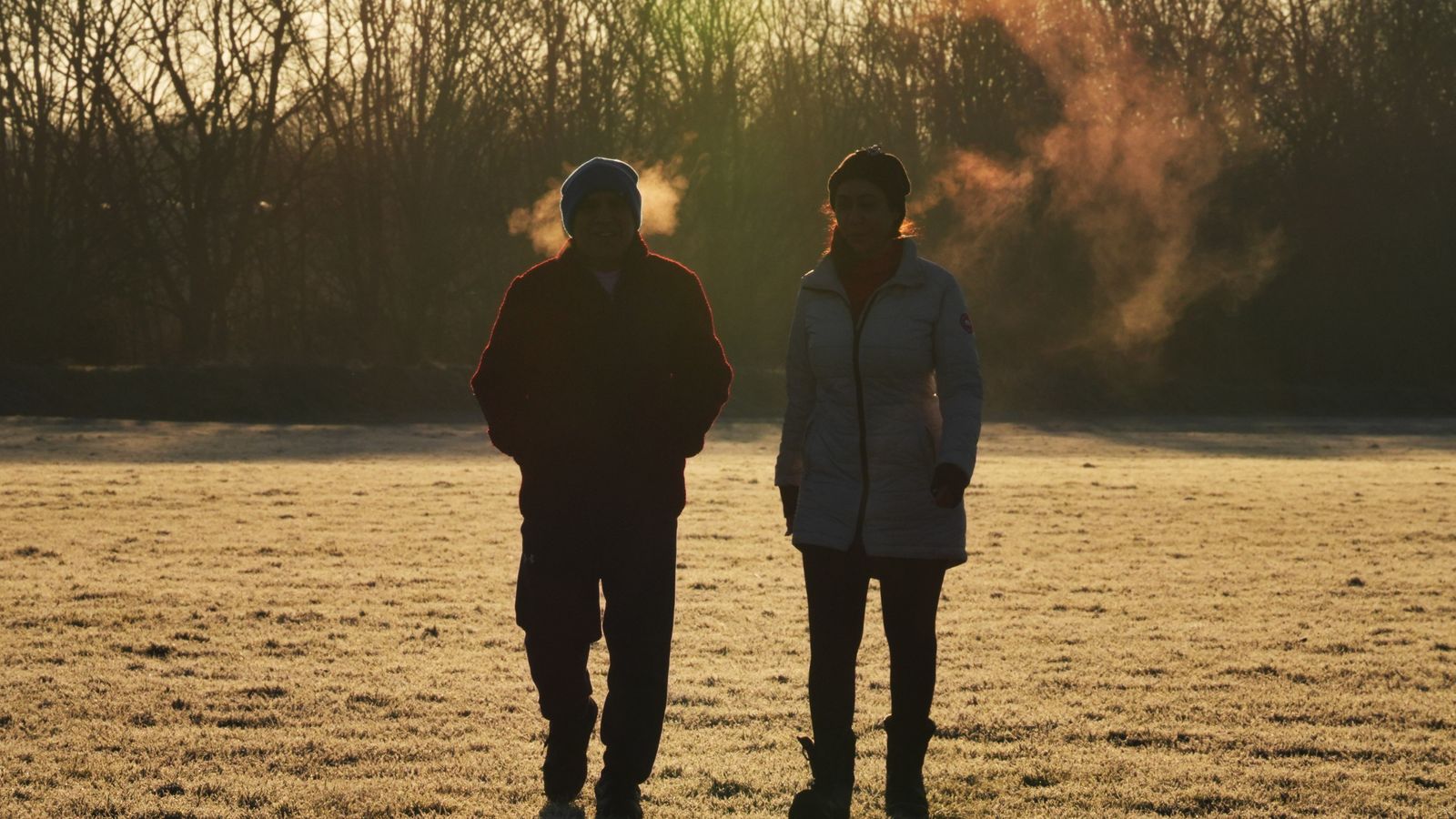
UK Braces for a Cold Snap as Ice Warning Issued
Hey everyone, if you thought we were heading straight into spring with last weekend’s warm sunshine, think again! The UK is experiencing a sudden shift in weather, with a blast of Arctic air sweeping across the country. The Met Office has now issued a yellow warning for ice , particularly affecting parts of northern England from the Pennines to the Peak District, overnight into Thursday morning. If you're in these areas, be extra careful on the roads as icy conditions could make travel tricky.
Just a few days ago, we were basking in temperatures as high as 19.7°C in Crosby, Merseyside, making it the warmest day of the year so far. The sunshine and warmth felt more like May than March. However, a dramatic turn of events has now brought us back to winter-like conditions, with temperatures dropping by about 10 degrees in many areas. We’re now looking at daytime highs struggling to get beyond the single digits and nighttime temperatures dipping close to freezing.
Also Read:- Real Madrid arrache sa qualification aux tirs au but face à l'Atlético
- SpaceX Crew-10 Launch Delayed Due to Hydraulic Issue
This cold snap is all thanks to a shift in wind direction. Earlier in the month, southerly winds from the tropics brought us the warm spell, but now, northerly winds from the Arctic are dragging down much colder air. It’s a stark reminder of how unpredictable spring can be! The Met Office is warning that overnight frosts will be common, and some areas, particularly in Scotland and northeast England, could even see further wintry showers.
Despite the chill, the weather isn’t all bad. We can still expect some dry spells and sunshine during the day. However, the brisk north-to-northeasterly winds will make it feel even colder than what the thermometer reads, so be sure to layer up if you’re heading out.
Some of you might be wondering—what’s causing this extreme flip-flop in temperatures? Well, while this current cold spell is purely down to the Arctic air, meteorologists are also keeping an eye on something called Sudden Stratospheric Warming (SSW) . This phenomenon, where temperatures high in the atmosphere rapidly increase, can sometimes lead to prolonged cold spells weeks later. It’s not a guarantee, but it’s something worth watching as we move into late March.
For now, stay warm, stay safe on the roads, and be prepared for some icy mornings . If you're wondering whether winter coats should stay out a little longer—yes, they definitely should!
Read More:


0 Comments